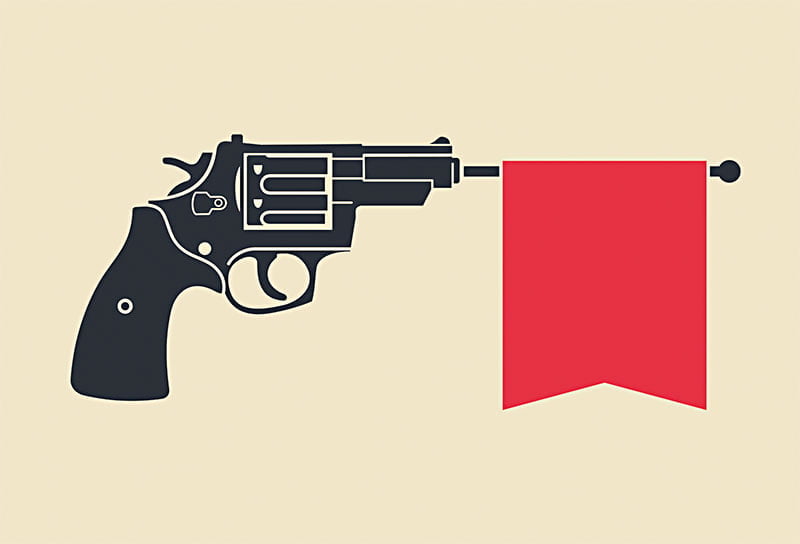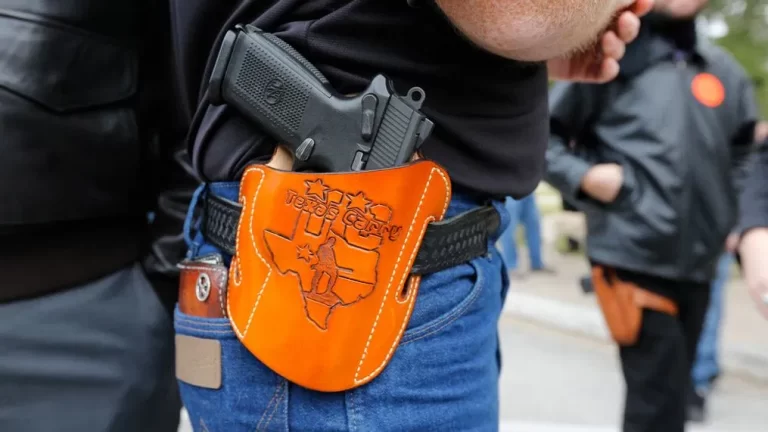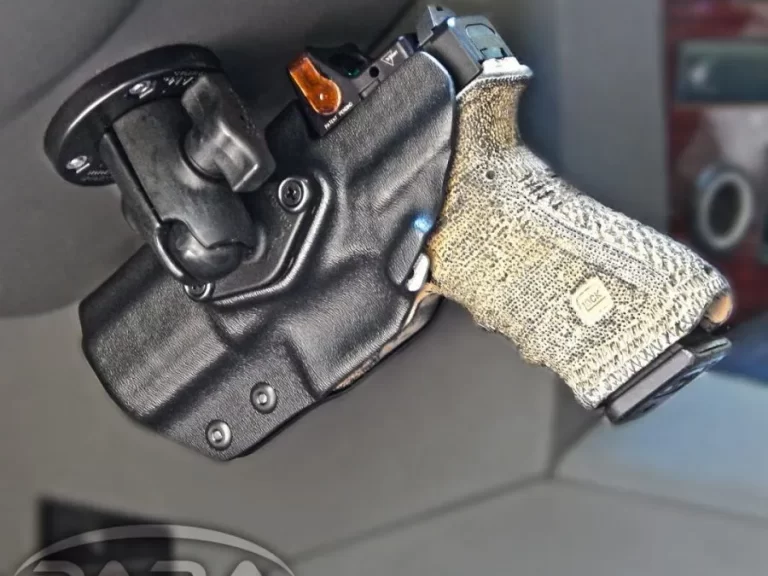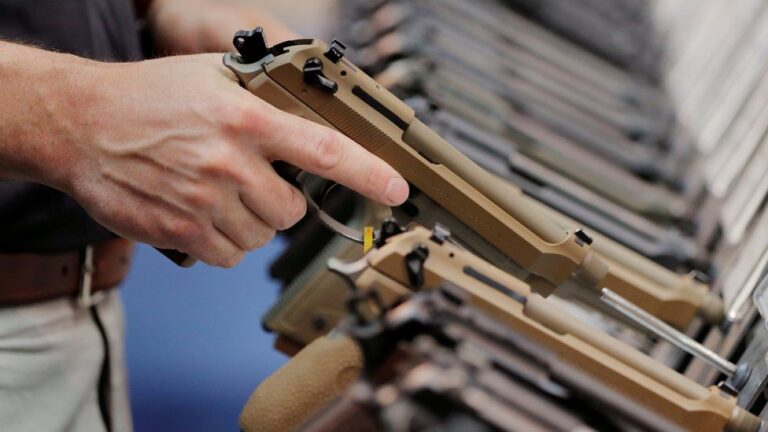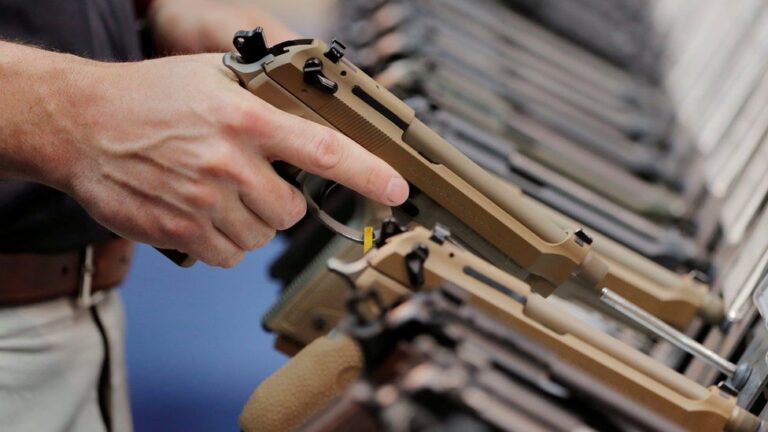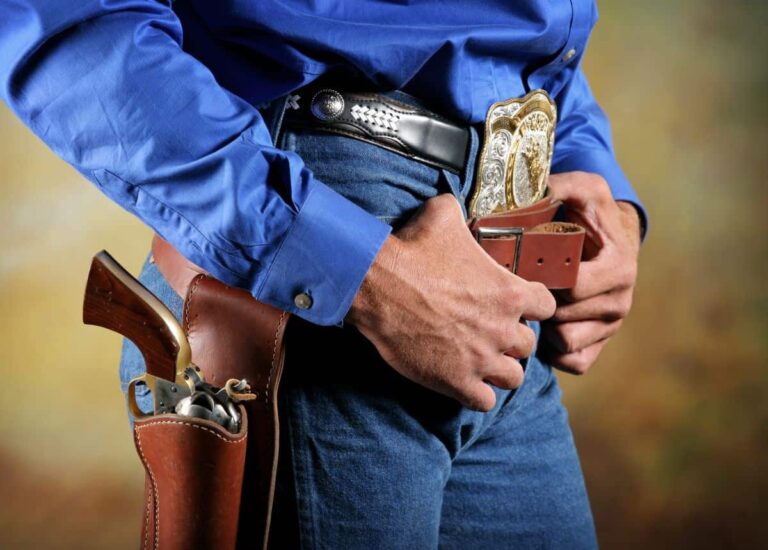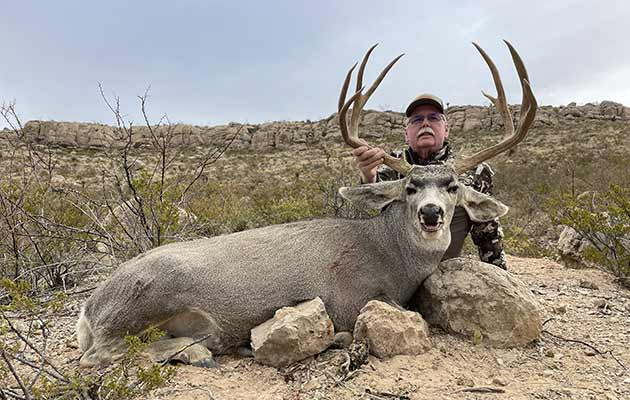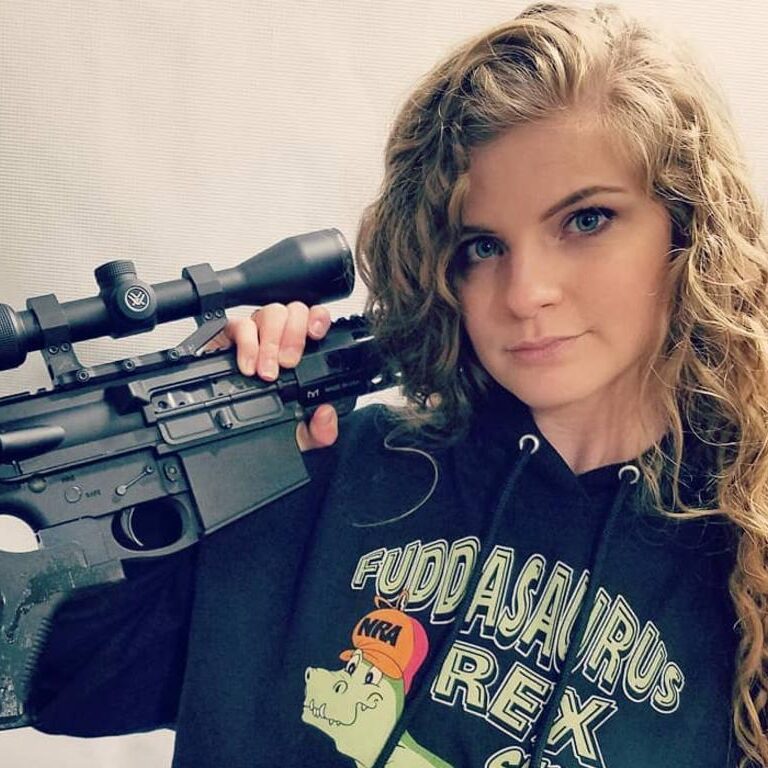Gun Control in Texas: A Complicated History
Texas has long had a reputation for having some of the most permissive gun laws in the United States. However, the debate around gun control in the Lone Star State is complex, with considerations around public safety, border security, and citizens’ rights.
Background on Gun Laws in Texas
Federal Regulations
- Most criminal justice happens at state and local levels, but federal law prohibits activities like interstate arms trafficking
- Key federal gun laws: Title IV, 1968 Gun Control Act, 1993 Brady Act
Overview of Texas Gun Laws
- Texas gun laws are very permissive compared to other states
- No minimum age for gun possession and concealed carry permits are readily available
Gun Ownership and Use in Texas
Concealed Carry Permits
- Over 123,000 permits issued in 2009/2010 fiscal year
- Most permits issued in Harris County
Gun Sales and Arrests
- Over 11,000 gun-related arrests in 2009
- Arrests decreasing compared to previous years
Crime and Accidents
- Most Texas homicides committed with guns
- The rate of firearm homicides per 100,000 people increased in the 2000s after the prior decline
- Texas is in the middle nationally for the rate of gun deaths
The Impact of Mexican Drug Cartels
Cartels Rely on US Guns
- Cartels get guns from US suppliers to maintain drug operations
- ATF data shows cartels favor pistols, assault rifles
Smuggling Networks
- Demand for drugs and guns is connected
- Cartels exploit US gun shows but use trafficking networks to get guns
Spillover Violence Across the Border
- Mexican cartel activity increasingly threatens US border areas
- Lack of coordination between US agencies addressing the issue
- First US border security strategy launched in 2020
In recent years, concerns have spiked, predominantly due to the Mexican drug cartels’ violent activities inching closer to Texas. Moreover, incidents involving firearms misuse from various sources have raised eyebrows and fueled the debate.
The National Gun Control Debate
The contentious topic of gun control divides opinions nationwide:
- Those advocating for stricter controls assert that they decrease gun-related incidents.
- A group believes these controls are ineffective and advocates for fewer restrictions.
- Individuals who feel private gun ownership deters crime.
- Lastly, those emphasizing the individual’s inalienable right to self-defense and the legal use of firearms.
Federal Laws and Their Influence
While most of the U.S.’s criminal justice activities occur at state and local levels, the federal government plays a significant role. Through acts like the 1968 Gun Control Act and the 1993 Brady Handgun Violence Prevention Act, it has set nationwide standards.
Specifics of Texas Gun Control Laws
Based on the Open Society Institute’s evaluation in March 2000, Texas scored a negative six (-6) on its gun control restrictions. Only three states ranked lower.
No Minimum Age Requirement for Possession
One standout factor for Texas’ low ranking is its absence of a minimum legal age for gun possession.
Gun Ownership in Texas
The 2009/2010 fiscal year saw the Texas Department of Public Safety issue over 123,000 concealed handgun licenses. Notably, Harris County led in this count.
Sales, Ammunition, and Arrests
In 2009, Texas witnessed over 11,600 weapons arrests—a 3.9% decrease from 2008.
Accidents, Crimes, and Homicides
Interestingly, two-thirds of all Texas homicides between 1976 and 2005 involved firearms. There has been a steady decline in gun homicides since its peak in 1991.
The Mexican Drug Cartel Situation
A significant portion of Mexico’s firearm violence stems from drug trafficking organizations (DTOs). These groups, battling for drug routes and territories, depend on firearm suppliers to maintain their operations.
Common Weapons Used by DTOs
Weaponry commonly seized includes 9mm, .38 Super, 5.7mm, and .45-caliber pistols, along with AR-15 and AK-47 rifles.
Local and International Gun Trade
Gun shows, often under scrutiny, are just one venue supplying firearms. Notably, these events are intermediaries, feeding organized gun trafficking.
Homeland Security Concerns
The violence involving Mexican DTOs presents a massive challenge for U.S. law enforcement, posing threats to citizens on both border sides.
Gun laws in Texas for home defense
Texas has strong legal protections for the use of firearms in self-defense in the home. The state has a stand-your-ground law allowing the use of force without retreating first if you reasonably fear death or harm. Castle doctrine also gives strong rights to defend your home with deadly force if an intruder unlawfully enters.
Gun laws in Texas state parks
Texas allows concealed and open carry of firearms in state parks, including handguns, rifles, and shotguns. Rules were loosened in recent decades to allow concealed carry by permit and open carry of handguns without a license. Some limits remain for certain areas.
Gun control in Texas for foreign students
Non-immigrant foreign students in Texas must comply with federal laws to purchase guns. This includes not being admitted under a nonimmigrant visa, being over 18, and passing background checks. Foreign students also face additional hurdles, with handguns nearly impossible to obtain legally.
Preventing Gun Violence in Texas
Public Awareness Campaigns
- New Mexico model: PSAs, healthcare outreach, monitoring
- Physicians can spread prevention messages
Political Arguments
- Proposals post-Columbine seen as irrelevant by some
- Conservatives argue controls are ineffective, cite defensive gun use
- Access to youth guns targeted by CAP laws
The Ongoing Debate
The interaction of gun culture, border security, and violence prevention makes the gun debate uniquely complex in Texas. Permissive gun laws have strong political support among Texas lawmakers and citizens who favor individual gun rights. However, perspectives differ on how best to address the public safety impacts of gun violence, whether stemming from criminal activity, domestic disputes, or accidents. There are also concerns that permissive gun laws enable Mexican cartels and worsen border violence. Advocates for more restrictive gun laws contend that they could reduce violence, while opponents argue controls fail to prevent criminals from accessing guns. Ongoing debate centers on balancing rights, security, and safety.
Conclusion
Texas has a long history of permissive gun laws driven by a culture valuing individual liberties and self-defense. However, concerns around border violence and gun deaths have prompted debate about stronger controls. There are arguments on both sides, focused on the effectiveness of gun laws in reducing violence versus protecting rights. Ongoing dialogue is needed to find policies reflecting the diverse views of Texans. The path forward will require nuance and balance between individual freedom and collective security.
FAQs;
Q1: What are the main federal gun laws applicable in Texas?
The key federal gun laws are the Title IV Act assisting states with gun control, the 1968 Gun Control Act prohibiting interstate arms trafficking, and the 1993 Brady Act mandating background checks.
Q2: How does Texas compare to other states in terms of gun deaths?
In 2014, Texas ranked 30th out of 50 states for the rate of gun deaths per 100,000 people, with 10.7 deaths per 100,000.
Q3: How have Mexican drug cartels contributed to gun violence in Texas?
Cartels rely on US suppliers, including Texas gun shows, for firearms used in drug operations. This contributes to trafficking and border violence.
Q4: What types of gun control laws have been proposed in Texas?
Proposals have included restrictions on gun shows, child access prevention laws, and bans on assault weapons and inexpensive handguns.
Q5: What are the main arguments around gun rights and gun control in Texas?
Key arguments are the effectiveness of controls in reducing violence versus protecting individual liberties, including self-defense rights.
Q6: What change took place after Gun Control in Texas
Recently, Texas passed laws allowing concealed carry of handguns on college campuses and in parked cars on school premises. The open carry of handguns in public places was also made legal. However, businesses can prohibit guns on their premises by posting specific signage.
